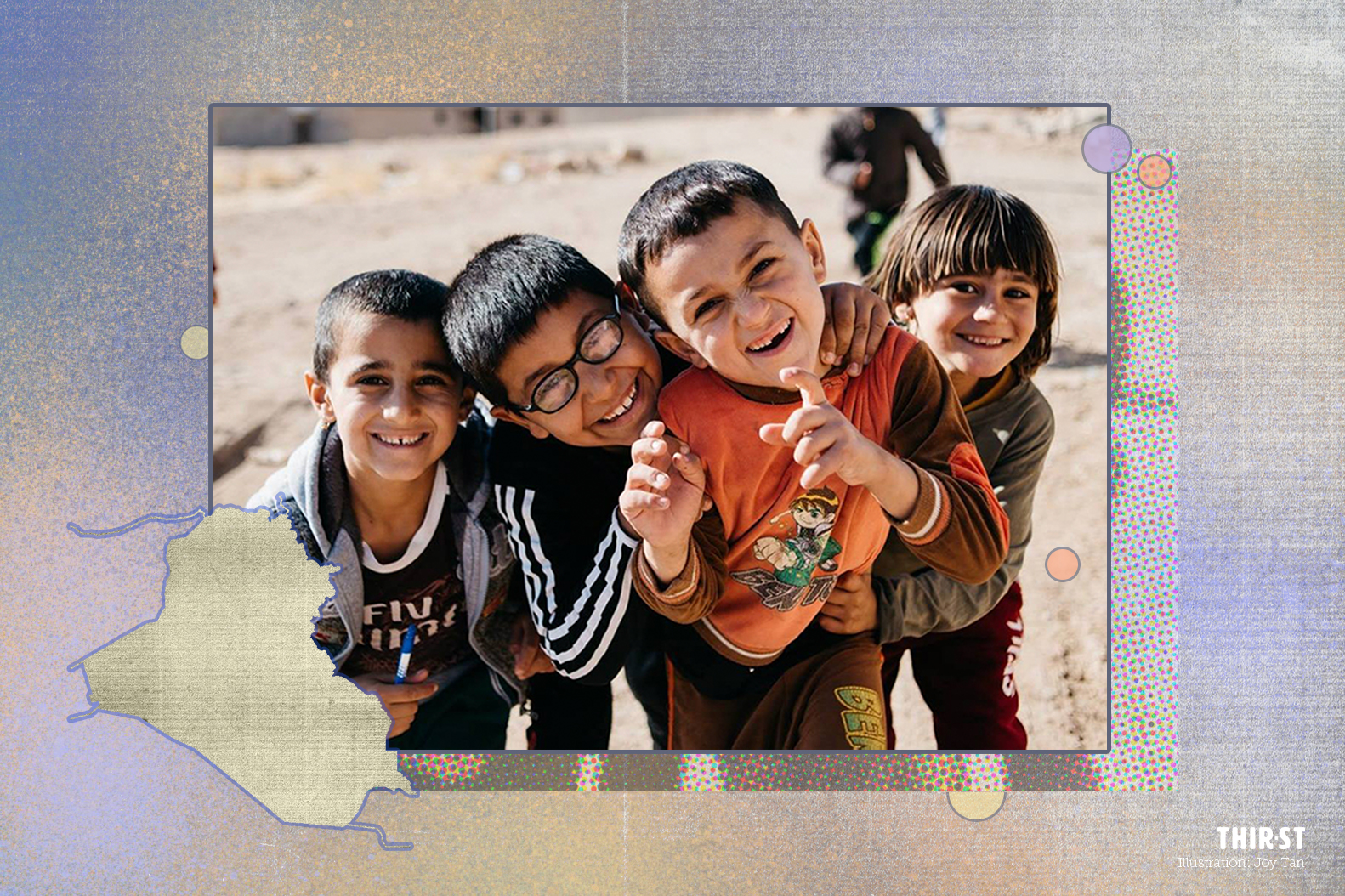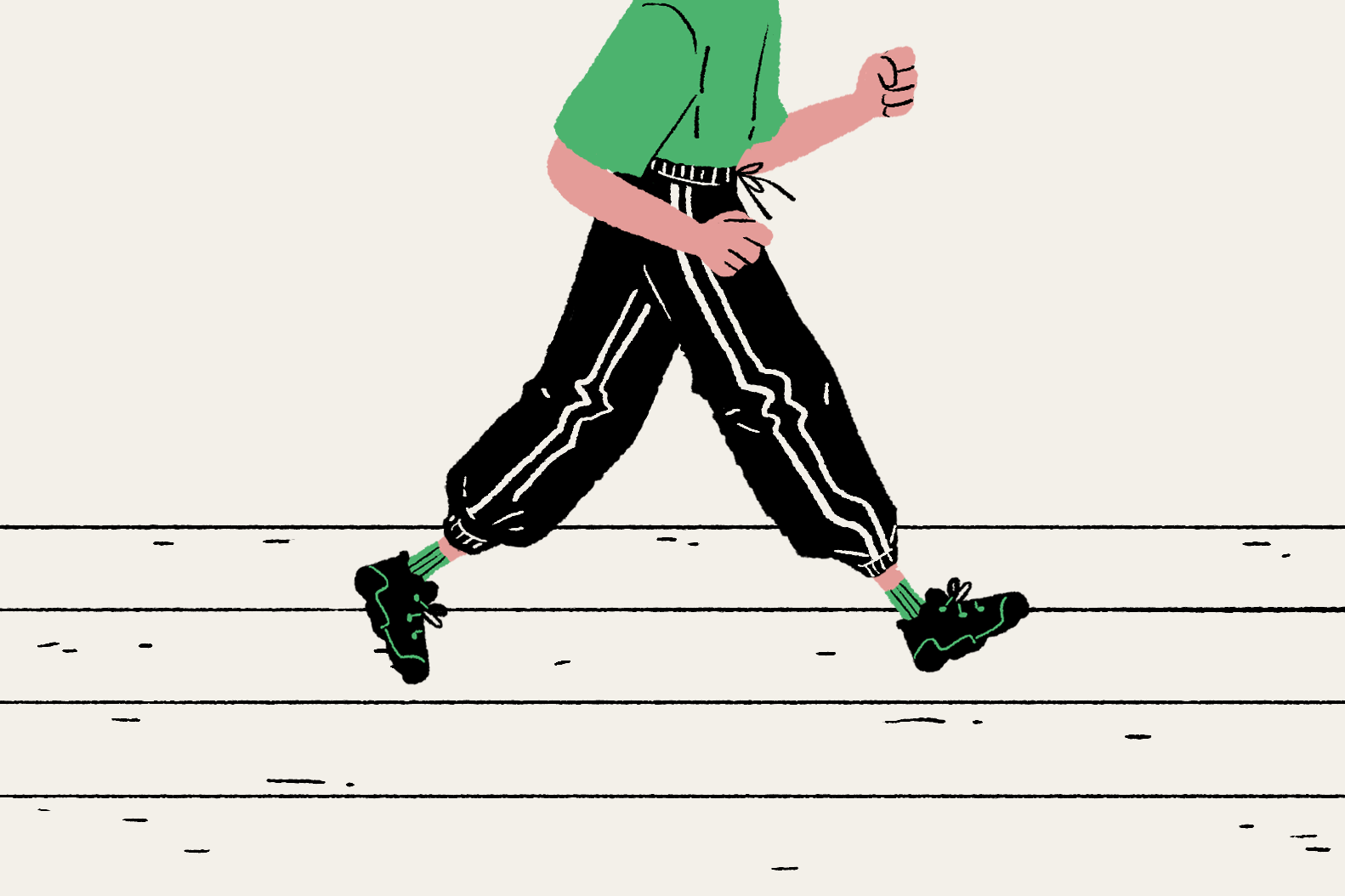About eight years ago, I had what I thought was a nightmare.
I remember first seeing buildings being shuttered and deserted. Then I saw crowds of people fleeing from an unknown threat at what seemed like a train station – people were huddled on the platform and even on the tracks.
I remember finally making it to the door of my home. But then the scene switched.
TRIGGER WARNING
I saw hooded men that I instinctively knew were beheading people. They reached out for someone in front of me, and I quickly fell behind that person and pretended to be dead. Then I woke up.
I never quite made sense of the dream, even when a terrorist group infamous for such acts started making world headlines a year later, followed by a surge of refugees fleeing into Europe.
But when I read about the situation, I wrote to a German friend to find out more about what was going on on the ground. He responded by getting all his high school students to write me letters on their experiences with refugees. I was deeply moved by their stories.
Nevertheless, it would take a few more years before I myself started to serve refugees.
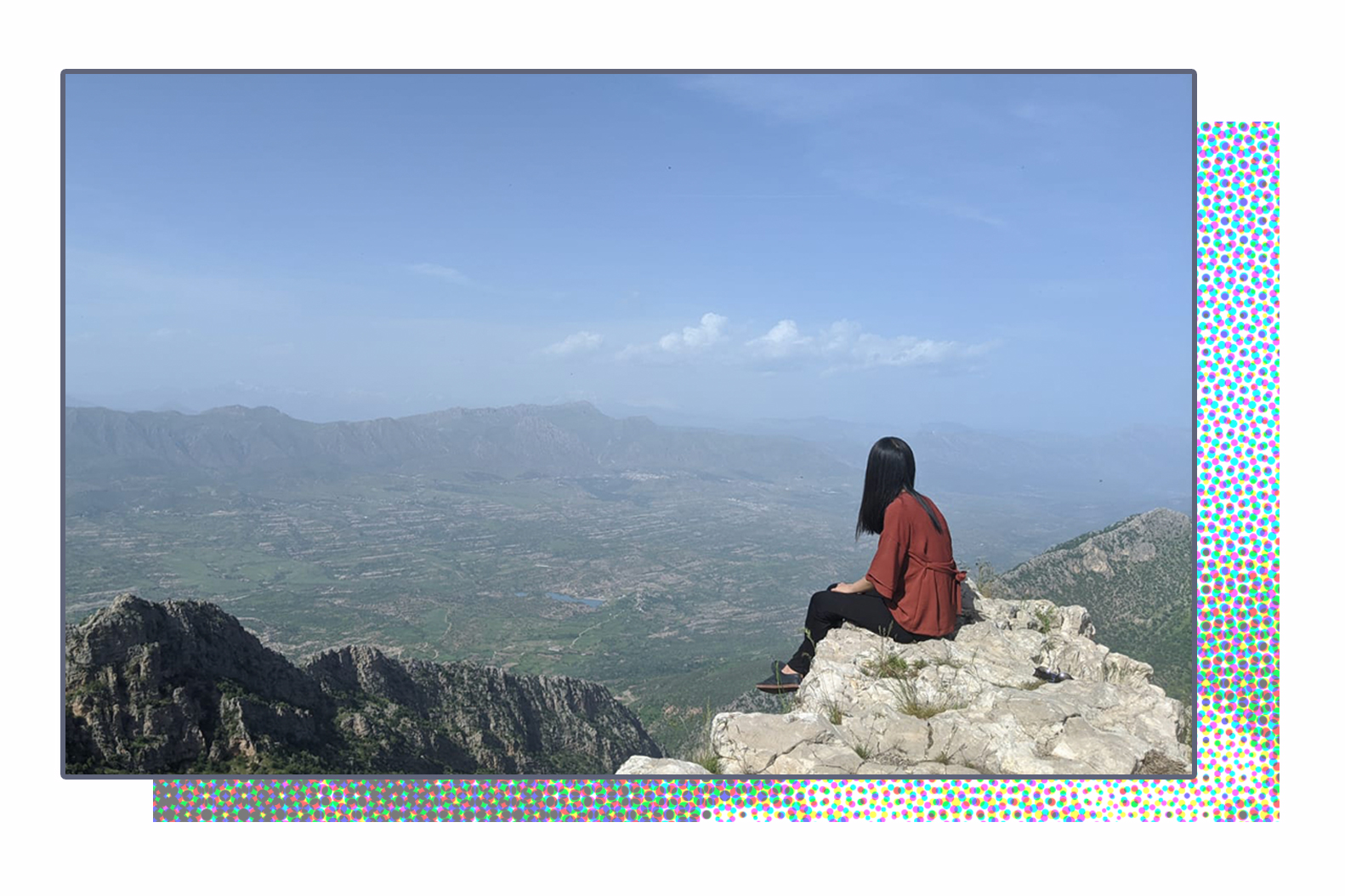
From young, I had always felt God tug at my heart when it came to serving the nations and the least – the orphan, the widow, the poor and the sojourner.
I had questioned it many times, wondering whether it was just a passing phase or sentiment. But the desire persisted.
When attending college overseas, my eyes were opened to what God was doing all around the world, and what he could do through a bunch of inexperienced but willing kids.
In between studying and extracurriculars, we would have nights of worship and weeks of 24/7 prayer and intercession.
Every week, I would be at soup kitchens with the homeless, at the nearby elementary school tutoring children of new immigrants, or helping out at the after-school care for low-income children.
Every term break, I would find myself serving in inner city areas, or in countries where I came face to face with such deep spiritual hunger.
After graduating, I came back to Singapore kicking and screaming.
“Go home to your own people and tell them how much the Lord has done for you.”
Besides losing a tight-knit community, I watched as friends left for places like Turkey, Sudan and Afghanistan.
I couldn’t help but think: Didn’t that make more sense than returning to a land that had plenty of comfort and money? But God spoke to me from Mark 5:19.
“Go home to your own people and tell them how much the Lord has done for you.”
Coming back to Singapore, I began working – first in education and then social service. In my on-the-ground and policy-making and planning roles, I saw up close the brokenness in my own land.
God broke my heart for Singapore, and I have grown to love it deeply.
But even so, I would tell Him that I would go anywhere, especially where people did not want to go, that the Lamb would truly receive the full reward of His suffering.
Hard places, nations, peacemaking, social justice – these were also things that many others (even several strangers whom I had never met before) confirmed multiple times.
Even in my home church, I could never run away from the nations; I ended up leading a cell group in which I was the only Singaporean.
I was also determined to tithe my time every year to serve overseas, and I got to explore serving in various countries with different people groups, including refugees in the Middle East.
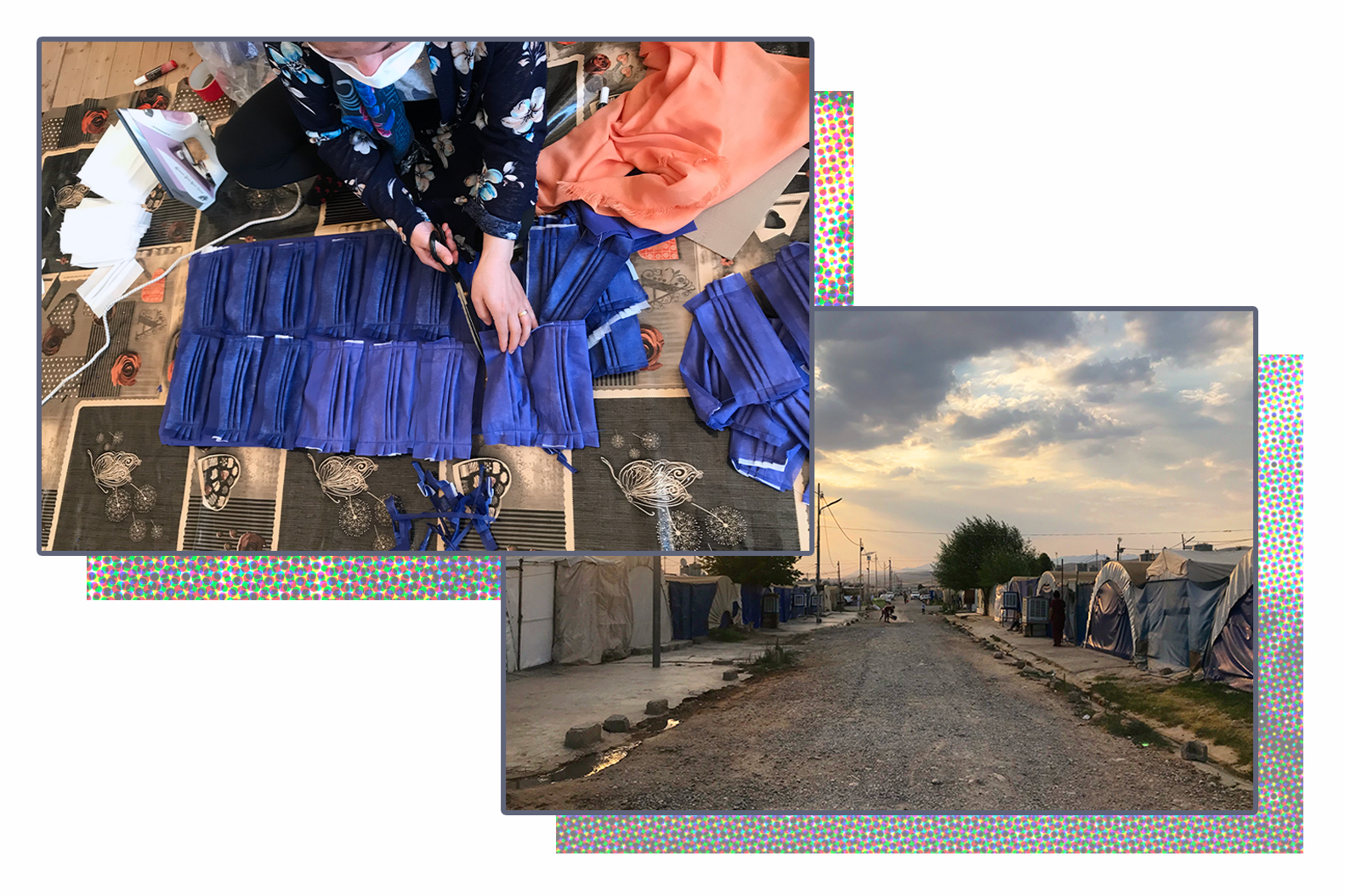
About eight years into working life, everything was going well for me: favour with bosses, rapid promotions, high-exposure roles, managerial positions. But I had a strong sense that I had learnt what I needed to, and that it was time to leave.
After much prayer and consideration, I decided to take a sabbatical to intentionally pursue God for what I felt was going to be the next season of my life.
Not long after my break started, I met the founder of an NGO based in Iraq. In a small meeting, he called for someone who could give just three months to serve refugees who had fled an ISIS genocide, and I responded.
I also recalled the dream I had from years ago. It was something I pondered over as I prepared to serve actual survivors.
In Iraq, everyone has a story to tell; everyone has lost someone.
After a wonderful recce in 2019, I returned to the field in early 2020 for my three-month stint to discern if this was something I could do for the longer haul. A week after I arrived, Singaporeans were barred from entering due to the outbreak of COVID-19.
A month or so later, the government announced that air and land borders were going to be shut. We had to cut short our surgical projects and put all other medical and education teams on hold. But after praying, I felt no peace to leave.
Since international teams were not able to fly in and I was alone, a local couple took me into their own home and loved me as their own daughter. “You can stay with us until you get married!” they had said.
Weeks of border closures turned into many months, and my flight ticket home was delayed and cancelled all of six times. But throughout my stay, I felt so at peace and so joyful.
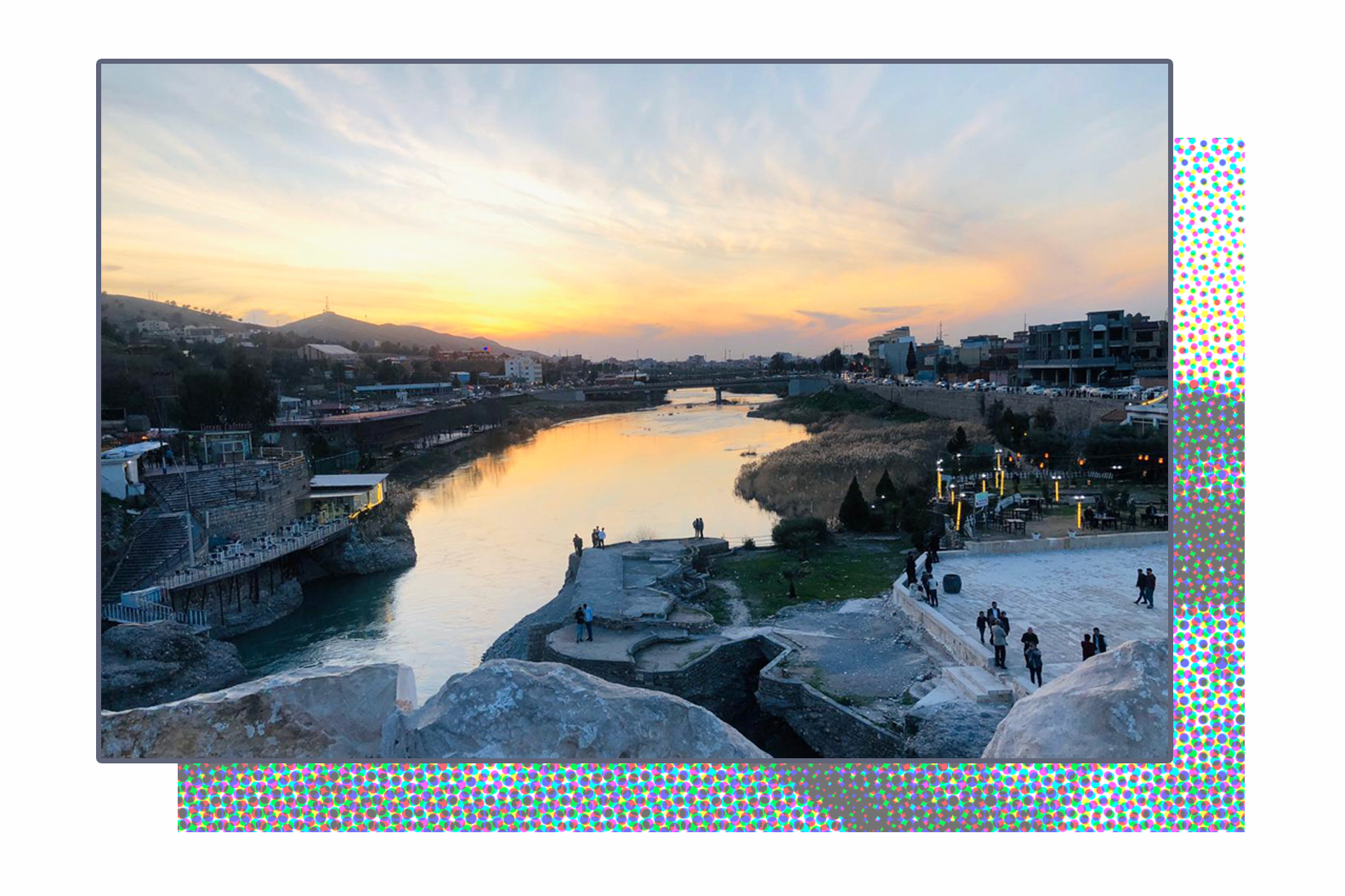
One of my favourite passages in the Word talks about how Jesus came, full of grace and truth, and dwelled among us. Before Jesus did any ministry on earth, He dwelled. If you think about it, He did 30 years of total cultural immersion before three-and-a-half years of work.
And sure, He held “food distributions” and “mobile clinics” from time to time, but a bulk of His ministry was simply doing life with people.
And I totally get why, seeing as how in the Middle East (and most parts of the world), relationships are your most valuable currency, and hospitality is a way of showing honour.
So I tried to make “dwelling” one of my priorities, starting with regular language lessons.
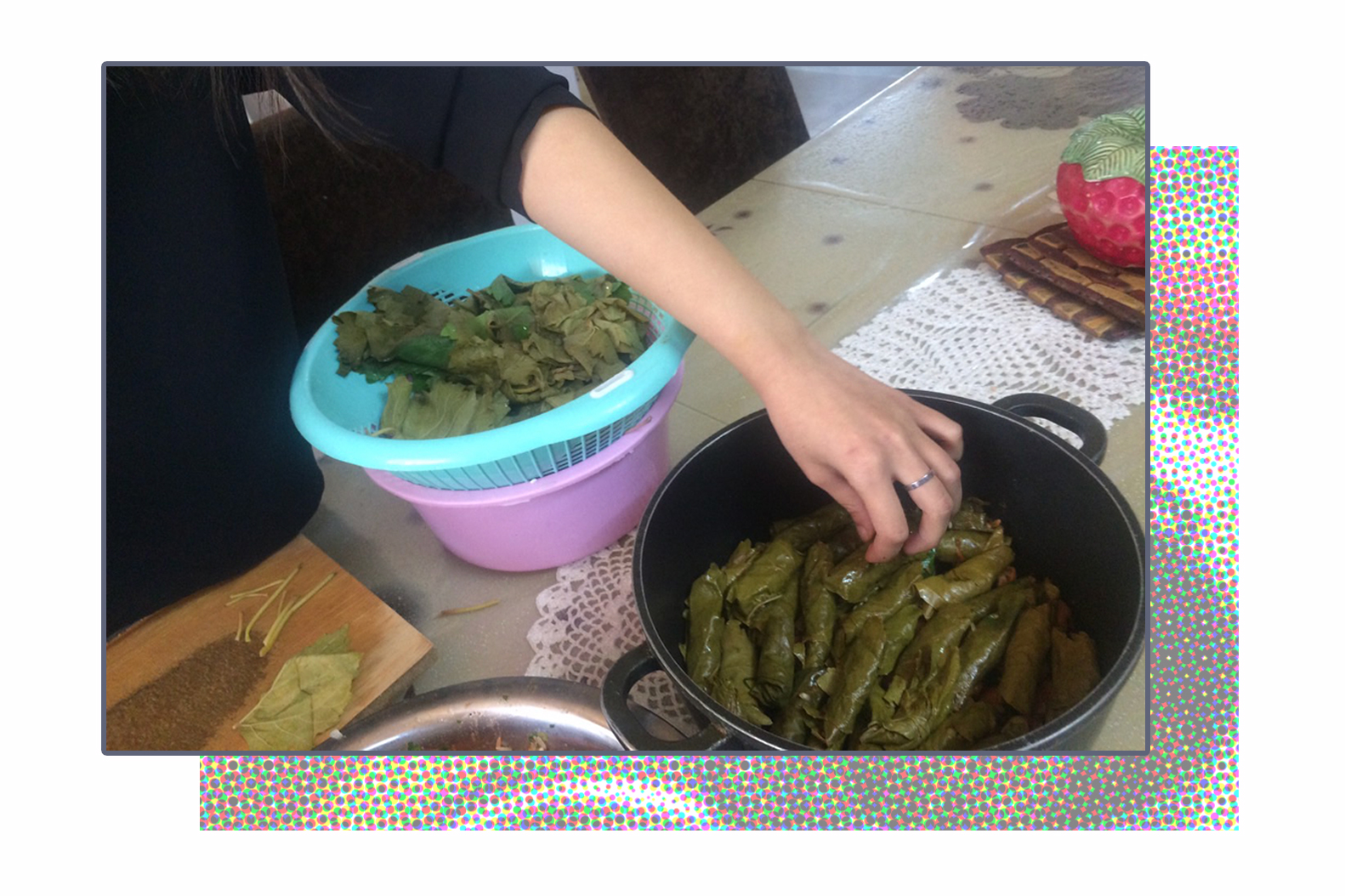
Living in an Iraqi household, I got to experience the oft-hidden day-to-day Iraqi life and perfect the art of Iraqi-style hosting (though one of my friends did comment, with some sympathy, that I could never be an Iraqi housewife).
With schools and offices closed, I also had a lot of time to spend with both locals and refugees, through numerous home visits and over countless cups of chai.
In Iraq, everyone has a story to tell; everyone has lost someone. But there is also so much potential they carry.
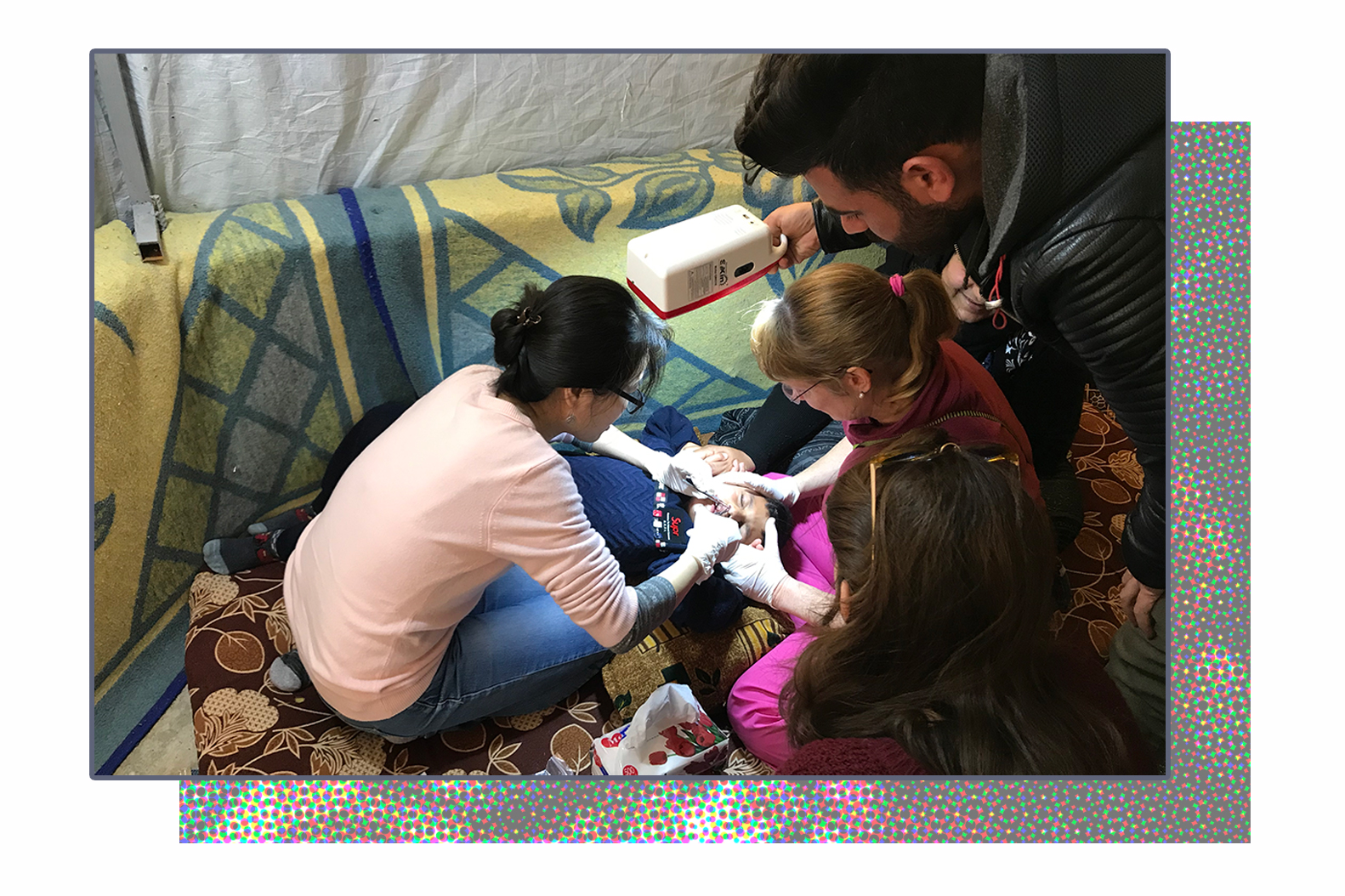
I could tell you about X, one of our patients who could never attend school because of a physical disability, but through sheer grit and the help of our teams and local staff, mastered English. During the lockdowns, she had progressed to learning about the workings of the brain on YouTube.
Or M, a bright 11-year-old Syrian girl who has been separated from her family for a couple of years because of immigration issues. She lives with – and cares for – her elderly aunt (and also makes lots of cool TikTok videos).
Or H, who having just fled a genocide, managed to get into a prestigious university course and graduated at the top of his class no less. (He couldn’t find a job after that though, so we hired him.)
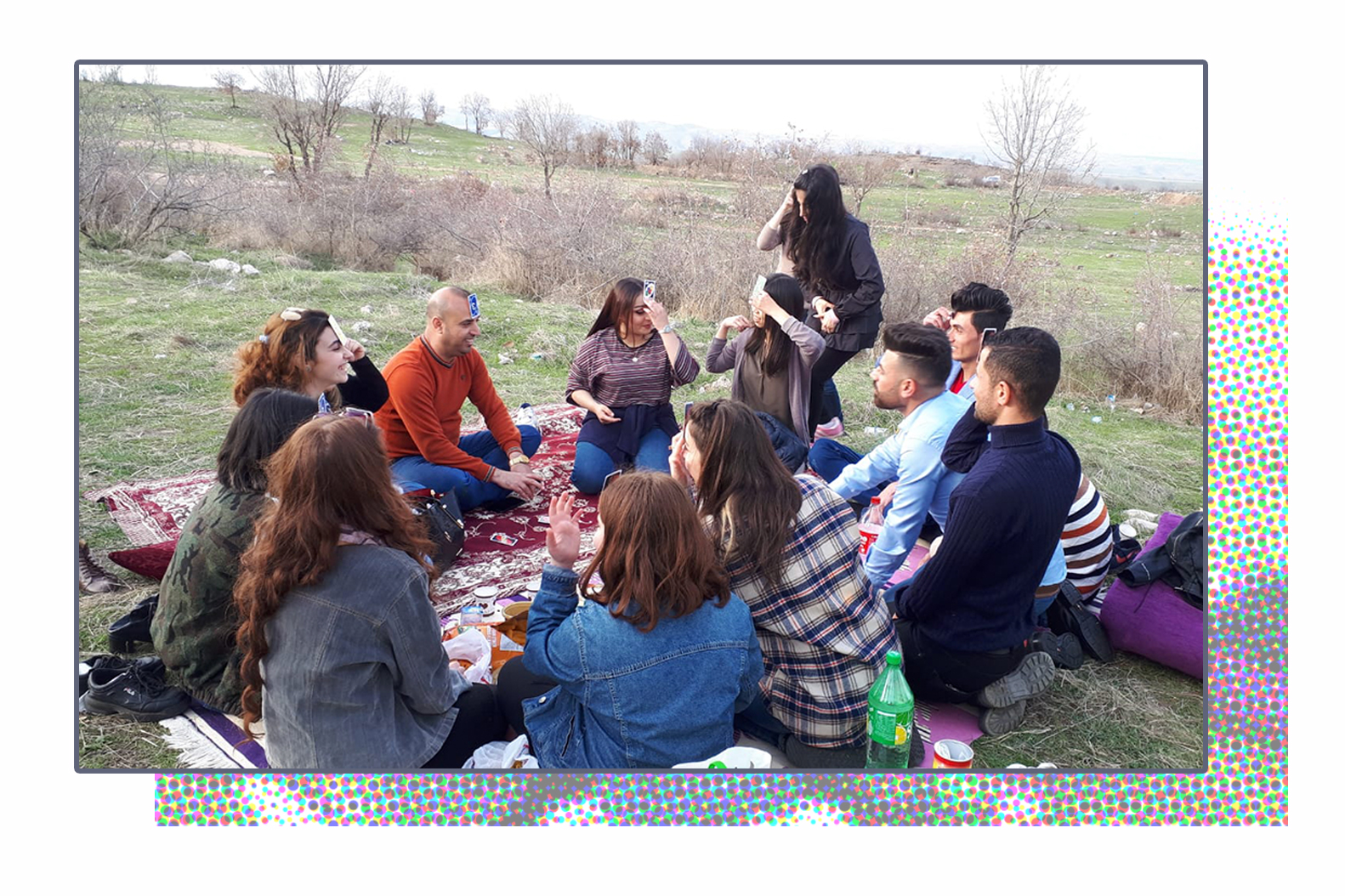
In between lockdowns and curfews, my local team and I managed to plod ahead in areas like team and capacity building, trialling digital programmes, running some of our community health programmes, strengthening some organisational systems and structures, and battling through Iraqi bureaucracy to settle paperwork for the NGO.
At the same time, I also received many calls and texts offering good positions back at my previous organisation. After seeking God and speaking to others about it, I decided that God’s call was more important.
I decided to tender my resignation to serve refugees full-time.
People comment that this is all such a brave thing to do, especially in that part of the world and at this moment in time. But honestly, I have never felt particularly courageous.
Perhaps it is a grace that God has given to me. But it is also simply a response to His heart that yearns for reconciliation and shalom in this messy world.
Beyond this, it has also been the greatest joy and privilege to be part of this work, using the skills that I have been trained in.
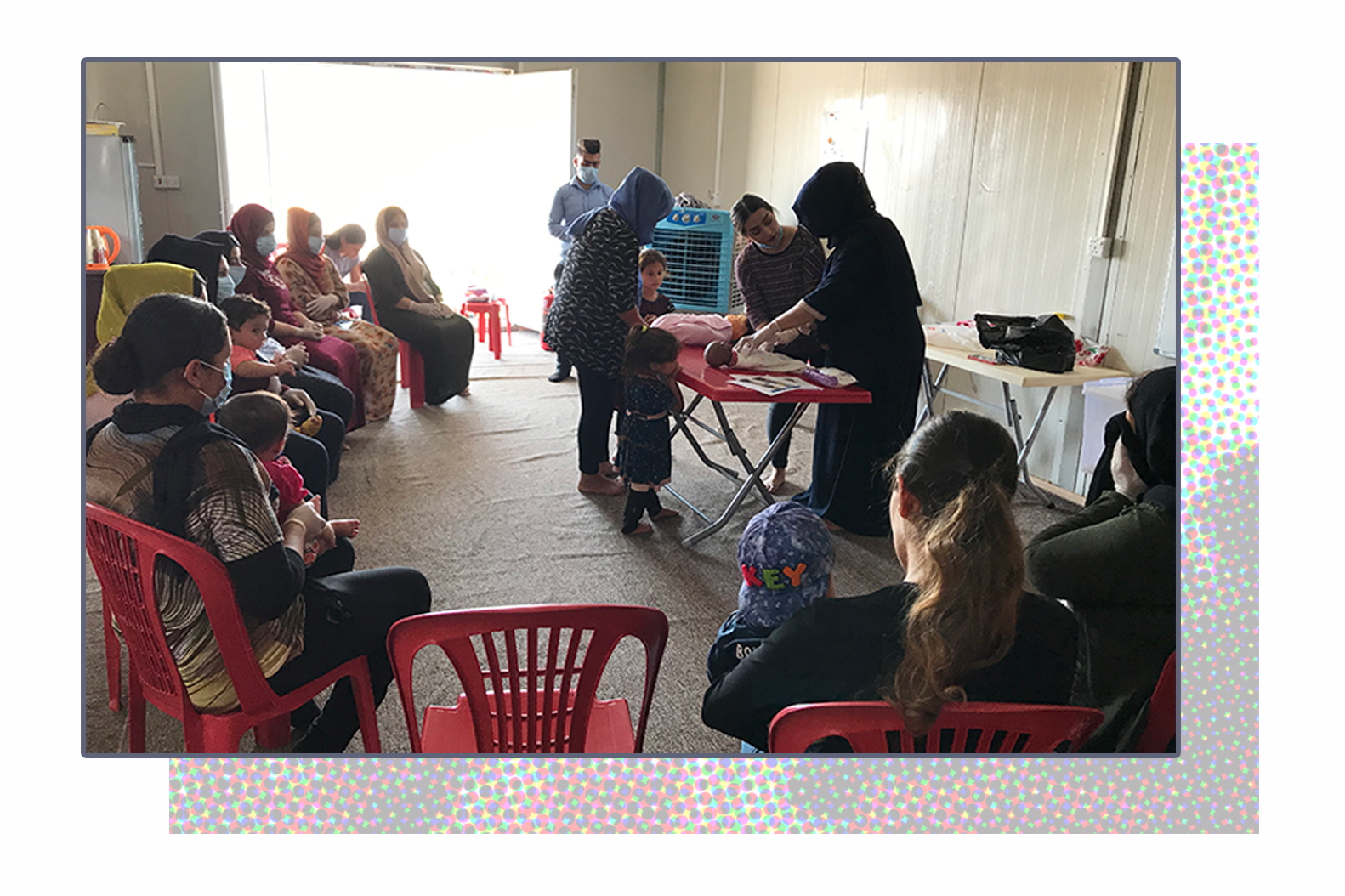
There was really no spectacular encounter or life crisis that sparked it. Rather, it was simply nights spent before God in surrender and a series of “yeses” to Him over many years.
I used to always ask God where to go and what to do, until He said to ask Him what He’s doing, and then just be a part of it.
I used to agonise over what He wanted me to do and what His will was for me, until one day He told me:
“Just delight yourself in Me, and I will give you the desires of your heart — not the object of your desires, but I will put My desires in your heart.”
So that’s what I did.
It has been and continues to be an amazing journey, witnessing God’s goodness and provision for me as well as the locals and refugees I’ve come to know.
I am under no illusions about how challenging the path before me can be. But I am also excited as I head back to Iraq next month.
I am excited not just for me, but also for what God is doing in Singapore, as more respond to His call to follow Him in different ways to a land that He will yet show them.
Heidi works with Habibi International, an NGO that journeys with forcibly displaced communities in the Middle East towards holistic health.
Founded in 2017 by a Singaporean ex-banker, the suffering that Willy Tan witnessed in the Yazidi refugee camps of Iraq moved his heart to mobilise resources for humanitarian relief and development.
Habibi recently launched an affiliate office in Singapore and is preparing to deploy international staff to the field like Heidi to support healthcare and education programmes. Over the course of the year, it will also be resuming short-term trips for medical, education and women’s programmes as well as conducting educational digital programmes.
In the lead-up to World Refugee Day on June 20, Habibi Singapore put together a special week-long series “Heart to Heart”, featuring the stories of 14 individuals who have been forcibly displaced.
For more information, you can follow them on Facebook and Instagram.


